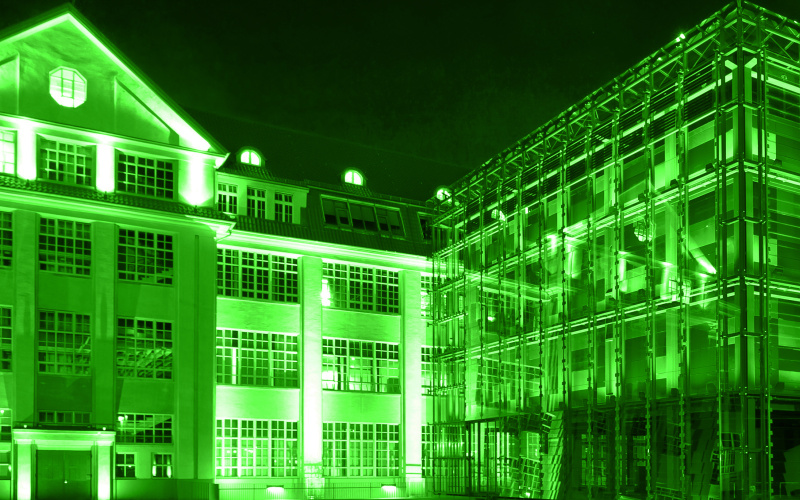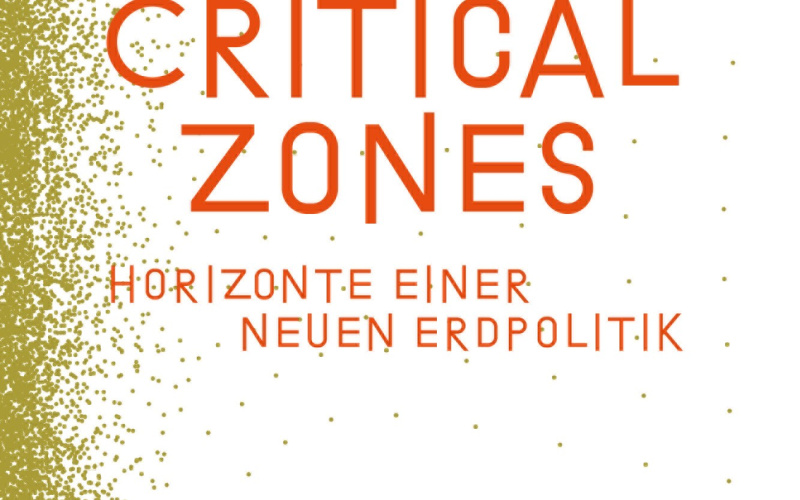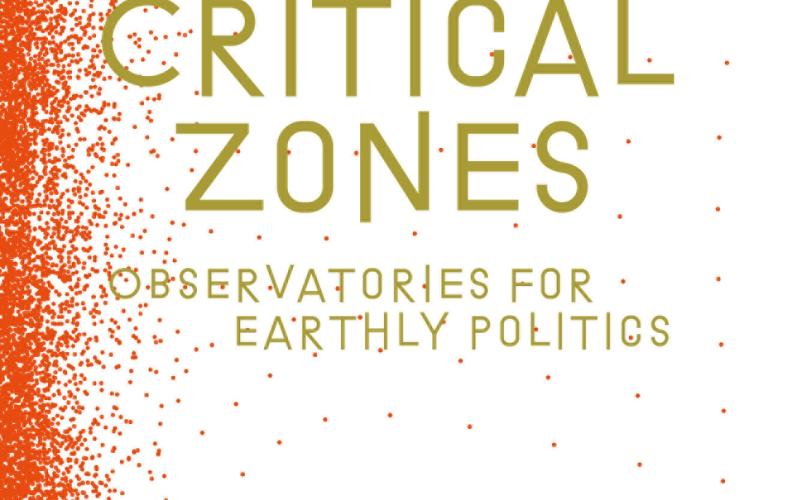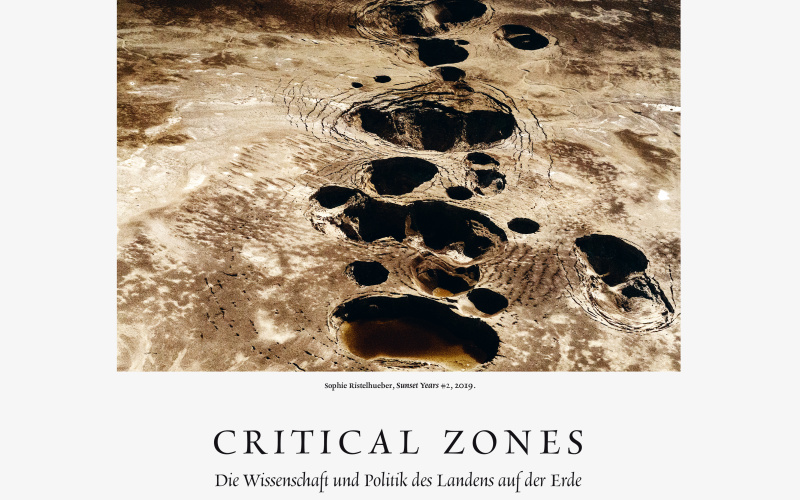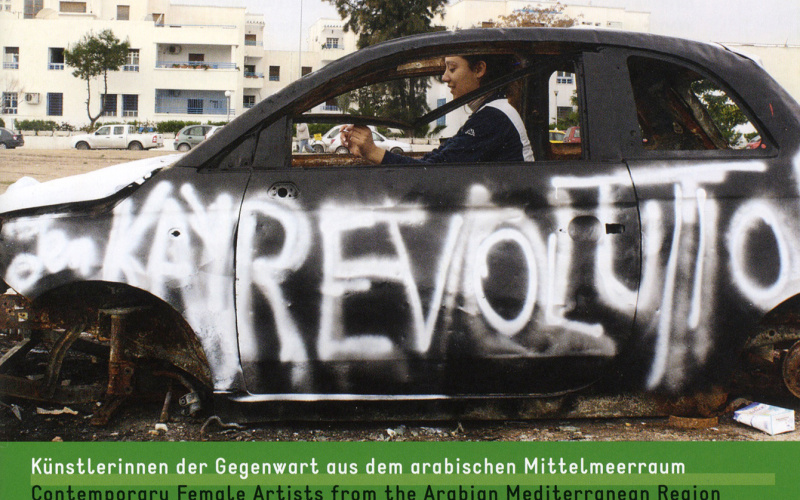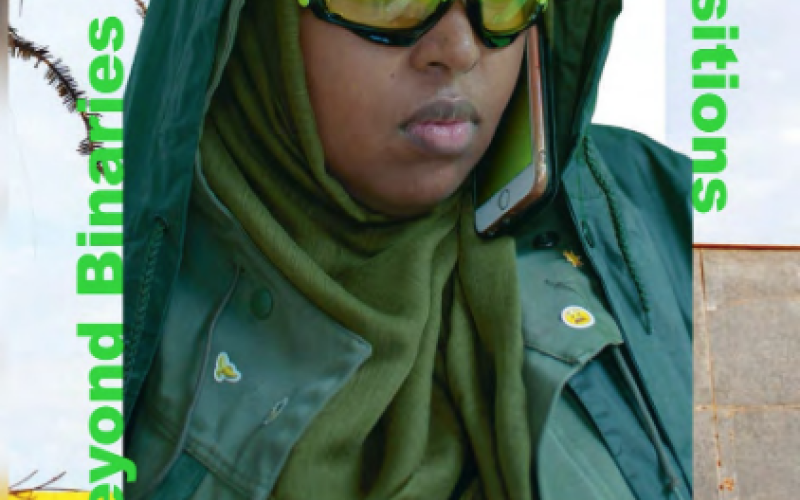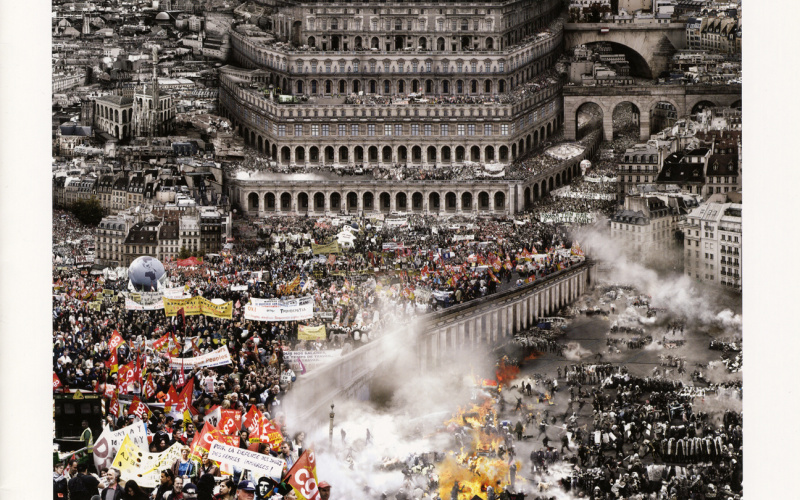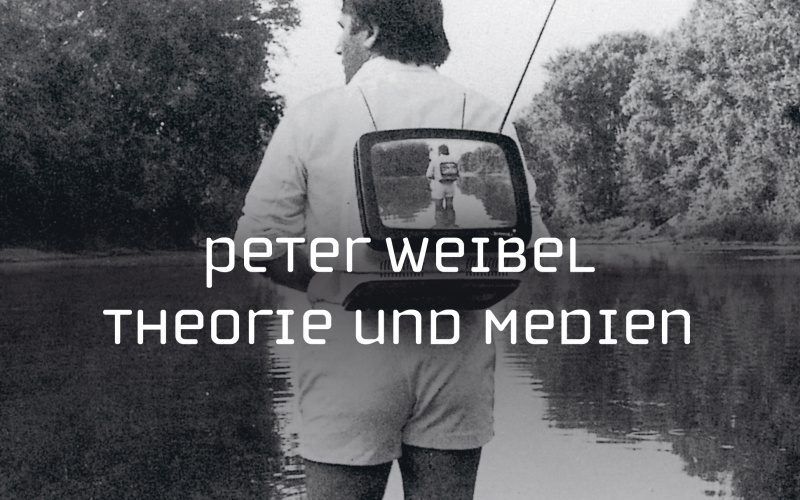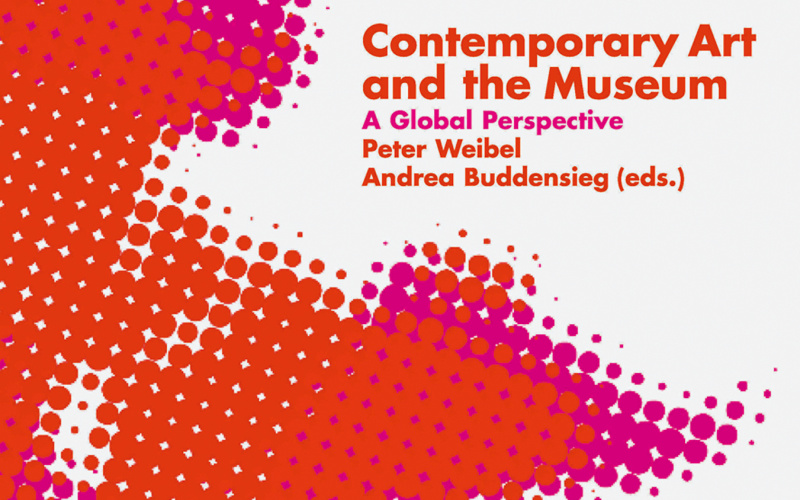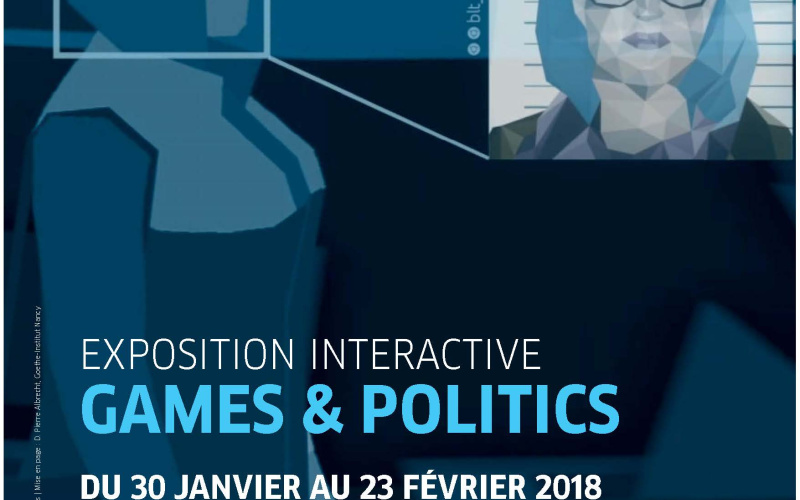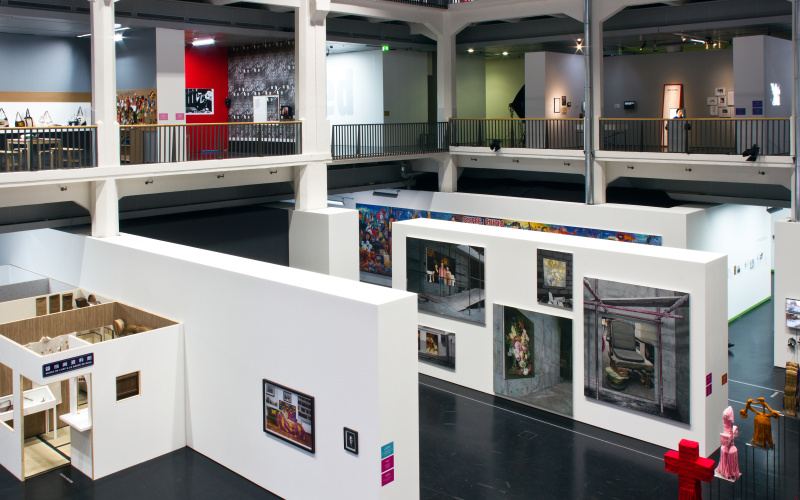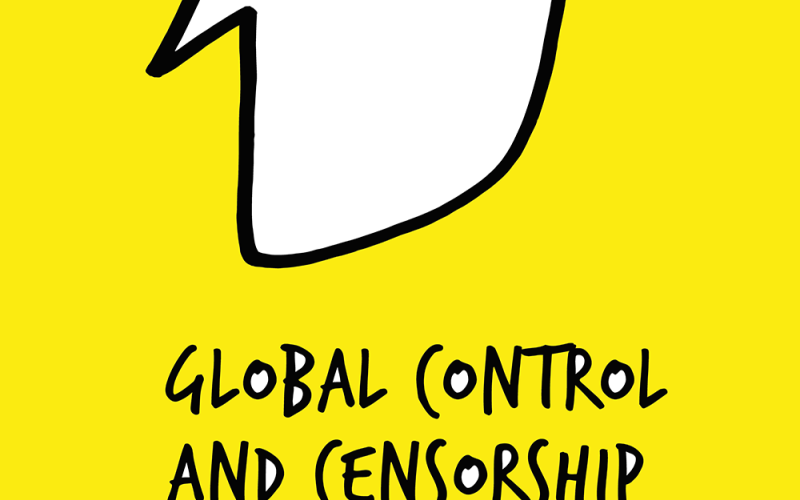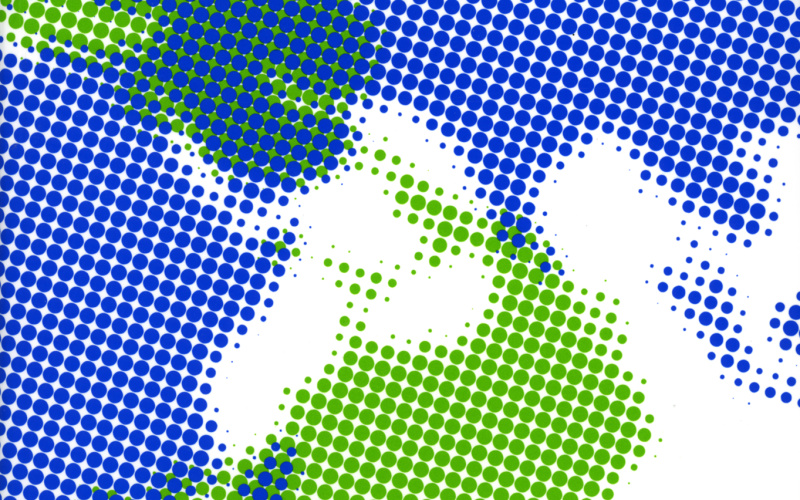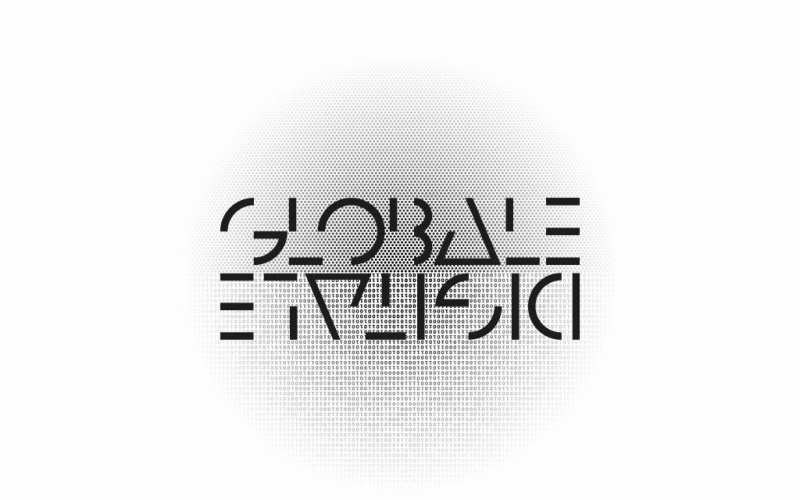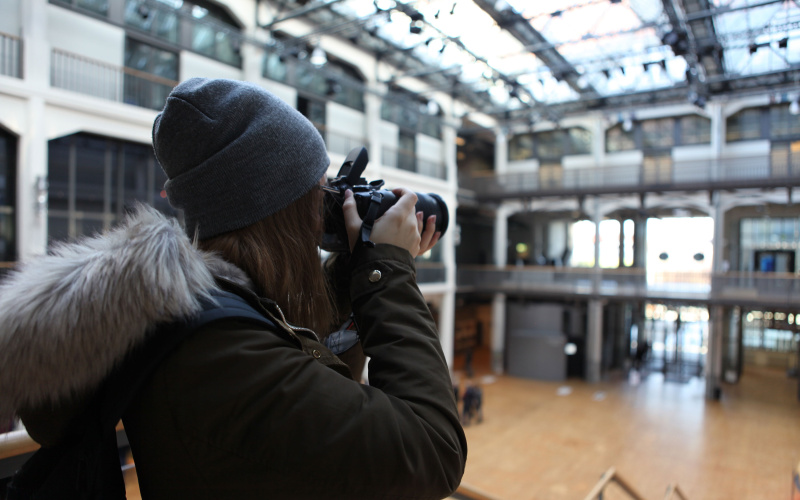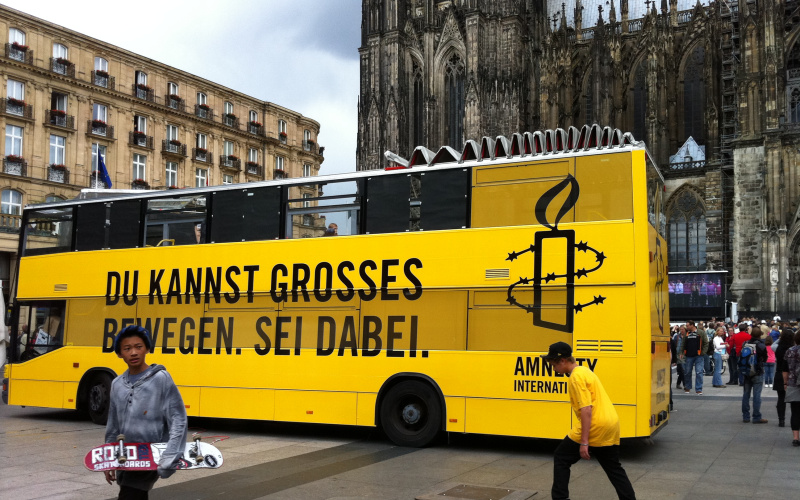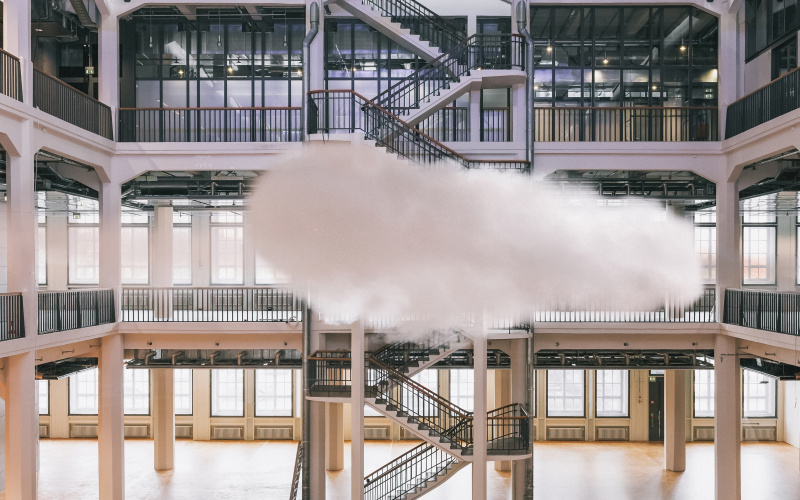Globale Impulse
From the outset, the founding idea of the ZKM – to combine artistic concepts with cutting-edge technologies and include visitors and citizens in a spirit of inclusion and participation – has prompted a collaborative exchange among creative minds, scientists, and intellectuals from around the world.
The countless research projects, artistic productions, exhibitions, performances and publications have been possible only by way of such ongoing exchange, and have thus led to the ZKM becoming a forum for international dialogue whose reach extends far beyond national boundaries.
Since its founding, the ZKM’s activities have gone beyond the horizon of Europe. Experiences gained from a close dialogue with artists, scientists, and institutes of culture and research throughout the world led in 2006 to the founding of the Global Art and Museum project and the Global Studies research center in collaboration with highly esteemed art historian, Prof. Dr. Hans Belting. Pulitzer Prize-winner Holland Cotter selected the center's first publication for the New York Times’ list of »Best Art Books 2007«. The full range of findings drawn from research projects, international workshops, and conferences led to the large-scale exhibition The Global Contemporary. Art Worlds After 1989, in 2011, and was further developed in the format GLOBALE, the ZKM’s contribution to the 300th anniversary celebrations of the founding of the city of Karlsruhe, in 2015.
Around 500 international guest artists, scholars, and curators have developed new projects in the twenty-five years since the ZKM’s founding. Works of art and other productions from around the world have come to Karlsruhe in the form of exhibitions, concerts, and performances. For example, tribal leaders of the Yanomami Indians from the Amazon region visited the ZKM for a musical theater production (2008). Former guests of the ZKM include world-renowned personalities, such as Robert Wilson (2010, 2013) and Ryoji Ikeda (2012); music groups, such as Kraftwerk (1997) and Chicks on Speed (2007, 2012); composers, such as Pierre Boulez (2007, 2011) and Karlheinz Stockhausen (2004); Nobel Prize Winner Gao Xingjian (2008); philosophers, such as Jean Baudrillard (1995, 2004) and Bruno Latour (2002, 2005, 2014); scientists, such as the mathematician Benoît Mandelbrot (1999) and the Nobel Prize Winner for chemistry, Jean-Marie Lehn (2003); and, finally, linguist and peace activist, Noam Chomsky (2014). Some artists even made a name for themselves thanks to their activities at the ZKM, such as Olafur Eliasson, whose first monographic exhibition was held at the Media Museum, in 2001. Furthermore, productions by key contemporary choreographers, such as William Forsythe (1999, 2003), Richard Siegal (2008/2009), and Sasha Waltz (2013/2014) have completed productions at the ZKM.
Global impulses, one may rightly argue, emanate from the ZKM | Karlsruhe. Thematic exhibitions, such as Iconoclash. Beyond the Image-Wars in Science, Religion and Art (2002), Making Things Public. Atmospheres of Democracy (2005), and Light Art from Artificial Light (2005) along with Sasha Waltz. Installations Objects Performances (2013) are just some of the examples of model exhibitions well-known throughout the world which, thanks to both content and presentational form, are considered milestones in the exhibition genre.
The ZKM exhibitions are often on tour. One current example is the AppArtAward – the prize awarded for the best work of art in App format. It is currently touring Asia and Canada before going on to the U.S. Current ZKM exhibitions can also be seen in Portugal, Hungary, and Bosnia-Herzegovina, and are presently being planned for Russia and Korea.
The ZKM’s expertise in the conservation and restoration of digital artworks is internationally acknowledged. By way of its numerous archives on media art and media theory, the ZKM has also increasingly become a scientific center for the history of media art and our digital age. The ZKM cooperates with culture institutes and research centers on all continents, including the Goethe Institutes, the MIT in Cambridge (USA), museums, such as the Centre Pompidou, in Paris, and the SESC, in São Paulo, Brazil, as well as numerous institutes in Asia.
The ZKM sees itself as a role model in the museum system. The emphasis on public interaction and participation make it a performative museum with a program transgressing all genre boundaries that is also directed at a global public in the digital age. Now, twenty-five years after its founding, the ZKM offers a permanent program available on the internet for our digitally networked, twenty-first century society.
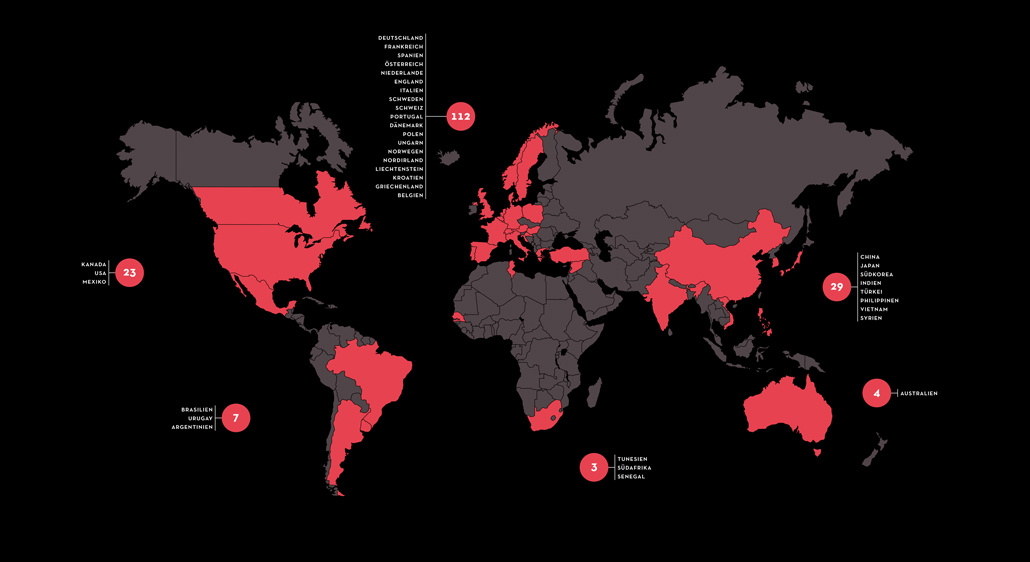
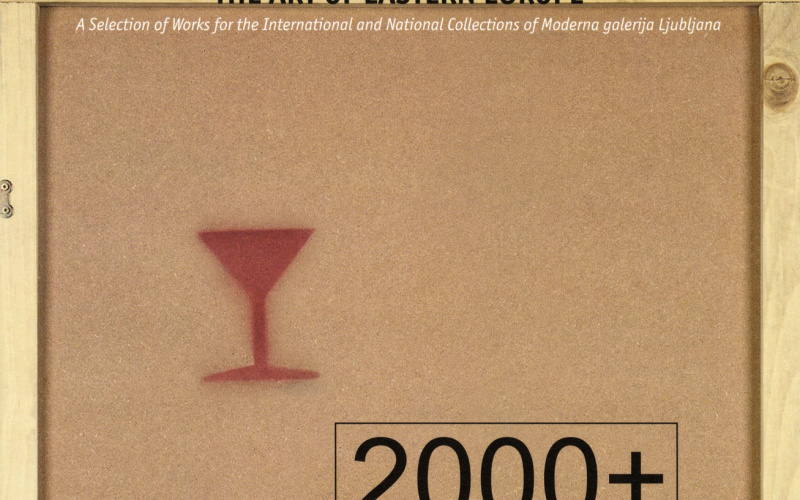
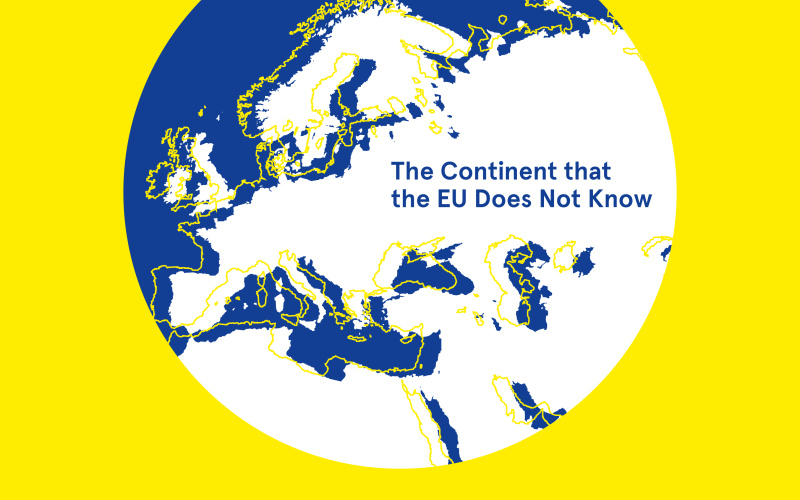
![Biomodd [LBA2], Museum of Contemporary Art and Design, Manila, Philippines, 2009. / © Angelo Vermeulen In a type of greenhouse, that is illuminated by spotlights from the inside, are lots of plants and computers. Next to it is an aquarium that is connected to the greenhouse by tubes. At the Rim of the glasshouse there is a wooden figurehead.](/system/files/styles/img_node_media_teaser/private/field_media_image/2023/02/23/101414/biomodd_lba2_2009_installation_view01_photo_by_angelo_vermeulen.jpg?itok=Q41zfeqe)
![Biomodd [SNKw], Coup de Ville, Sint-Niklaas, Belgium, 2010 / © Angelo Vermeulen There is a hodge-podge of plants computers, screens and desklamps on a table.](/system/files/styles/img_node_media_teaser/private/field_media_image/2023/02/23/101414/biomodd_snkw_2010_installation_view_photo_by_angelo_vermeulen.jpg?itok=QxHIOIWg)
